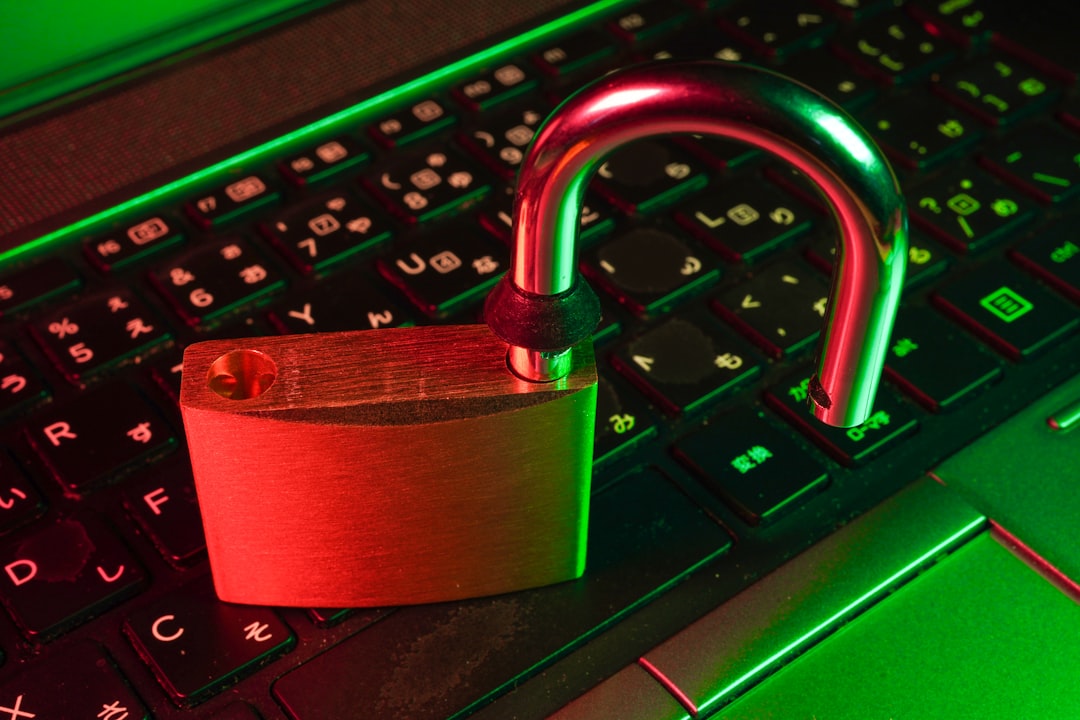When you browse the internet in the United States, your Internet Service Provider (ISP) can keep a detailed log of your online behavior—what websites you visit, what content you stream, and even how long you stay on a particular page. Understandably, this sparks privacy concerns. One of the most common methods to counteract this surveillance is using a Virtual Private Network, or VPN. But the question remains: Can a VPN really prevent your ISP from tracking your online activities? Let’s dive into this topic and explore how VPNs work and what kind of privacy protection they actually offer.
What Does Your ISP See Without a VPN?
To understand the value a VPN provides, you first need to know exactly what your ISP can see when you aren’t using one. Without a VPN, your internet traffic is largely unencrypted—especially if you’re visiting older, non-HTTPS websites. This means your ISP can:
- See every website you visit (including individual pages on unencrypted sites)
- Monitor your bandwidth usage and time spent online
- Track app usage, including frequent streaming or file sharing
- Sell anonymized data about your browsing behavior to third-party advertisers
In 2017, the repeal of FCC privacy rules allowed ISPs in the U.S. to collect and sell browsing data without customer consent. This move reinforced the need for privacy tools like VPNs among American internet users.
How a VPN Works to Protect Your Privacy
When you use a VPN, it creates a secure, encrypted tunnel between your device and a VPN server, effectively shielding your traffic from your ISP. Once connected, your ISP no longer sees the actual destinations you’re visiting—they only see that you’re communicating with a VPN server.
Here’s what a VPN does to guard your privacy:
- Encrypts your data: Your traffic is scrambled into unreadable code, making it inaccessible to your ISP.
- Masks your destinations: All your ISP sees is encrypted traffic going to the VPN, not the final websites.
- Changes your IP address: By routing traffic through the VPN server, it appears as if you’re browsing from the VPN’s location.
As a result, even if your ISP tries to monitor or maintain logs of your activity, the only thing they’ll actually observe is that you’re connected to a third-party VPN provider.
Limits of a VPN’s Protection
It’s important to understand that while VPNs add a robust layer of privacy, they’re not foolproof. Here are a few caveats:
- Your VPN provider can see your activity. That’s why it’s crucial to choose a reliable, no-logs VPN that doesn’t store user data.
- DNS leaks can expose your browsing information. Some improperly configured VPNs may route your DNS requests outside the encrypted tunnel, potentially revealing your web destinations to your ISP.
- VPNs don’t protect you from tracking by websites, advertisers, or social media platforms. Cookies, tracking pixels, and browser fingerprinting are still risks unless you use additional privacy tools.

Another limitation is legal jurisdiction. In the U.S., if compelled by a court order, a VPN provider headquartered in the country may have to hand over user data—again emphasizing the importance of a no-logs policy and potentially selecting a VPN based in a privacy-friendly jurisdiction.
Complementary Tools for Online Privacy
While a VPN is a powerful first step, it works best when used alongside other privacy tools:
- Encrypted DNS services: Keeps your DNS queries hidden from your ISP.
- Privacy-focused browsers: Like Firefox or Brave, which reduce tracking by design.
- Ad and tracker blockers: Browser extensions like uBlock Origin limit third-party tracking.
Conclusion
Yes, a VPN can effectively prevent your ISP from tracking your online activities in the USA by encrypting your traffic and hiding your destinations. However, it’s not a complete solution by itself. For holistic online privacy, you should pair your VPN with supplementary tools and good digital hygiene practices. The internet may never be entirely private, but with a VPN and a commitment to online security, you can stay several steps ahead of unwanted surveillance.


